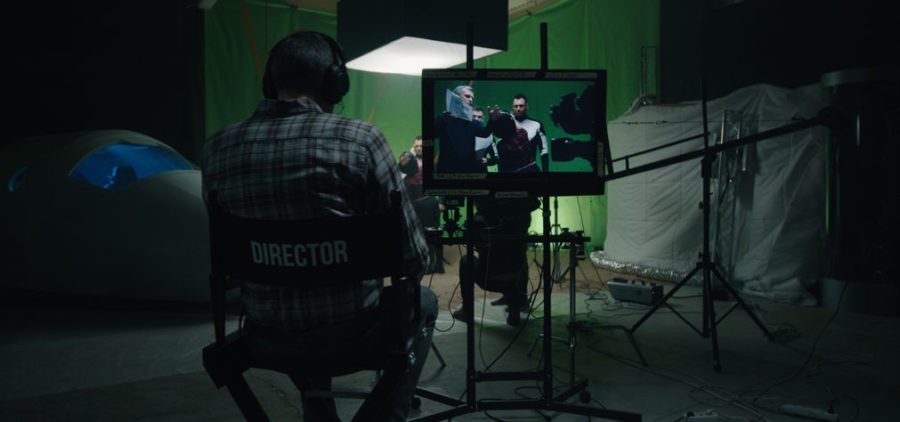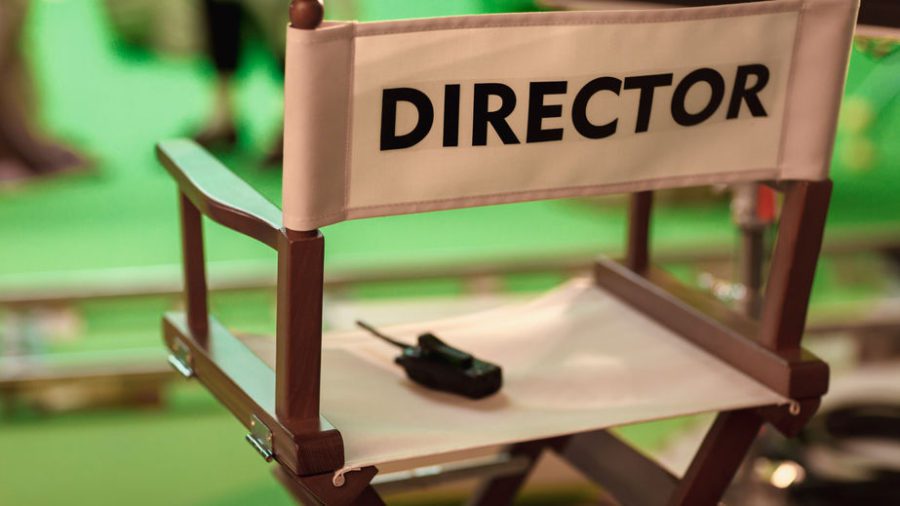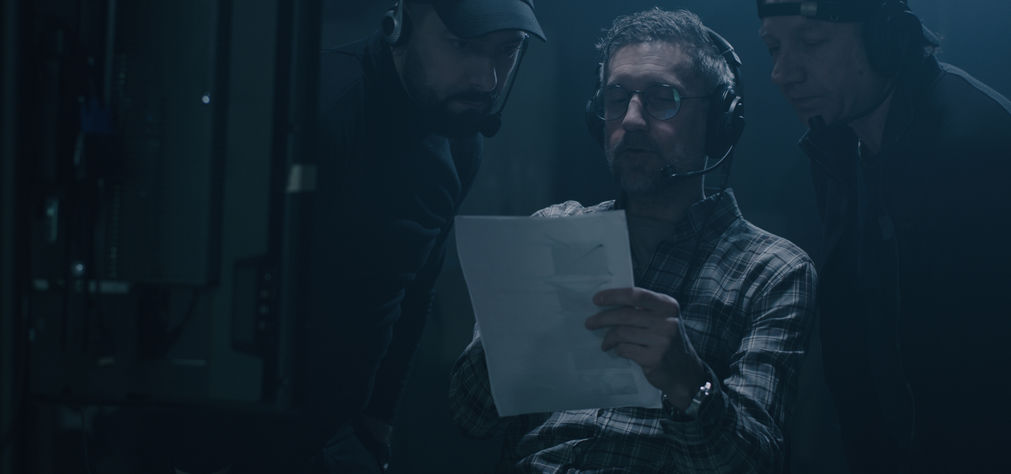Yes, it’s possible to direct the story you’ve written. Countless cases of screenwriters also being directors include the Coen Brothers, Wes Anderson, and Tarantino. You will most likely succeed in indie-filmmaking with a unique visual style and story.
Ultimately, deciding to write and direct a movie will depend on the project’s scale, your vision, and the amount of risk and work you’re willing to assume.
Examples Of Famous Writers/Directors

As I said in the introduction, there are countless examples of screenwriters who are also directors.
Oftentimes, filmmakers who assume both roles are called auteurs. While this term was coined in the 1970s, it has been common since filmmaking was a thing.
Current-day writers/directors include:
- The Coen brothers (Fargo, Barton Fink, The Big Lebowski),
- Quentin Tarantino (Pulp Fiction, Reservoir Dogs, Jackie Brown),
- Sofia Coppola (The Virgin Suicides, Lost in Translation, On the Rocks),
- Paul Thomas Anderson (There Will Be Blood, Punch Drunk Love, The Master),
- Wes Anderson (The Royal Tenenbaums, The Life Aquatic, The Grand Budapest Hotel)
If you’re familiar with these directors, you will notice they tend to occupy a more independent space in filmmaking.
They also tend to have consistent visual styles and tell more personal stories between their filmographies.
You might like Why Horror Movies Can Be A Great Way To Advance Your Filmmaking Career.
Strengths being both screenwriter and director.
The strength of writing and directing is that you don’t have to sacrifice any creative vision.
Instead of writing your film, selling it, and wiping your hands clean, you will be involved in (and controlling) major creative decisions throughout the process.
For certain films, this might be necessary. Especially if you intend to make an introspective movie, being onboard through the end may be required.
Another strength is that you do not have to work to get a director attached.
Even if you sell your screenplay (already a challenging task), there is a slim chance it will be made.
If you are a writer and have a movie you desperately want to make, you have a far better chance if you take matters into your own hands.
In short, being both the writer and the director lets you avoid some of the collaboration-related headaches.
Weaknesses being both the screenwriter and director

At the same time, being the writer and director means you miss the benefits of collaborating.
It would be naive to assume you are the most talented writer and director, so it can help to find people who know more than you.
Often, a diversity of input lends itself to a better film.
You can read tips on how to be a good director here.
If you can get a director attached with more clout, studio or festival connections, or who knows actors, there is a far better chance people will see your film. This is also something you’ll miss out on.
The final weakness is that writing and directing are both intensive processes. If you undertake both, you will commit a huge part of your life to one film.
There will be many expectations put on you, and you will assume a huge amount of responsibility for the ultimate success or failure of the project.
Get Feedback from Peers and be open to Suggestions
Simply because you are the writer and director doesn’t mean you shouldn’t still want input and listen to suggestions.
Ask friends, peers, and actors for notes.
If you’re on set and the actor thinks their character would say a line differently, consider it.
Many writers/directors are strongly attached to their creative vision and have been for some time.
This can make accepting new inputs difficult, which is necessary for the film’s success.
Trust your team’s expertise.
Since you will probably be stretched thin, communicate your vision clearly with other department heads (or your friends helping you) and let them take it from there.
Whether it’s costuming, photography, or lighting, it’s important to pick your collaborators for a reason and trust their decision-making.
Follow proper screenwriting etiquette.
It is also important that you still follow proper screenwriting etiquette with your project.
After all, you will probably hand it off to producers, actors, and potential investors.
Even if you want to include shorthand, notes on camera angles, or things otherwise typically avoided in screenplays, you should have a copy of your script that is as readable as possible.
Read more on how to write and format your screenplay properly.
Conclusion
No universal maxims can be applied to making movies. Depending on the people involved, things vary drastically between the scale of projects, whether they’re narrative or documentary.
Still, collaboration, self-reflection, and diversity are necessary for good stories and good filmmaking. Don’t get too caught in your bubble if you’re writing and directing.
Even if you’re making a personal story, I’d assume you aim to get other people to watch it. Ensuring it’s appealing to someone besides yourself is a good thing to do as early as possible.
During the directing process, the same applies. There are many stories of famous directors being awful collaborators, but you can’t afford to do that as an independent filmmaker.
To make a second movie, you must have people who want to work with you. Being respectful and creating a welcoming environment is key.
Have any of you written and directed? What did you like about the process, and what was challenging? Let us know in the comments, and good luck on your next project!
You might like this article on famous filmmakers who started late.


Reading this was so helpful for me! Thank you so much. I needed help finding the category I was gonna work in and this explained it perfectly. I wanted to be a studio director. I wanted to create my stories while also being in charge of them.
Hi Bri
Thank you. We’re glad you find it helpful. It’s totally understandable, that anyone would want to see their screenplay come to life, and have something to say in that regard as well.
Make sure to check out the screenplay section on this blog — there’re tons of good info there as well.
Best of luck on your journey.
/Jan
Hey I wanted to thank you for writing this post!
I’m from the UK and your writing has inspired me to go and really try and connect with more people so when it comes down to the finished product of my script, I am not confused about what to do afterwards. I’m about to check out The Bigfoot script challenge which looks great especially as I have some great connections in Seattle.
Thank you and please, if you can of course, keep these articles coming – they’re great!
All the best
Letty
Hi Letty
Thank you for your nice comment. I’m glad you found the article helpful – it’s what this site is all about.
We have more articles about screenwriting coming up in the future. I wish you the best of luck on your screenwriting journey.
Best, Jan (founder of FilmDaft)